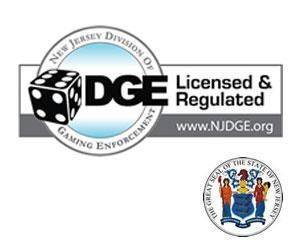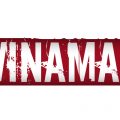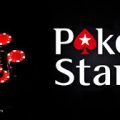
New Jersey DGE Adopts Seal of Approval

The DGE seal of approval will help customers determine regulated sites from the unlicensed market, but is it enough? (Pokerfuse.com)
The New Jersey Division of Gaming Enforcement (DGE) has unveiled a new official seal of approval to be displayed by all online poker and casino sites licensed by the state.
The seal carries the message “DGE New Jersey Division of Gaming Enforcement, Licensed & Regulated, www.NJDGE.org” and is required to be displayed by all sites regulated by the state.
There has long been a concern that the state’s fledgling online gambling market is losing business to unregulated, offshore sites and that part of the problem may be that some residents of New Jersey are unable to tell the difference between the two.
The New Jersey online poker market has consistently underperformed since its establishment in late 2013, with revenues far short of those touted by politicians pre-regulation.
And it seems to be getting smaller. Revenue reported for August show that while poker was up $100K from July to August it was down 12 percent year-on-year.
AGA Attacks “Industry in the Shadows”
Speaking at the gambling industry’s annual Global Gaming Expo (G2E) this week, Geoff Freeman, president of the American Gaming Association (AGA), railed against “another industry that operates in the shadows.” Freeman has previously hit out at the “sleek, corporate presentation” of offshore sites that are able to hoodwink players into believing they are legitimately regulated.
“Illegal gambling affects the credibility of our industry, and that credibility is directly tied to the public policy that we confront,” he said.
It’s not known precisely how much revenue is lost each year to the offshore market.
There may indeed be a sizeable portion of players that are confused about the origin of the sites they are playing on, and the seal may well help to direct some in the right direction.
But customers who are clearly already ill-informed about the market may not know what the DGE actually represents.
There are also concerns that the seal itself may become lost among countless other logos and icons on the site, or that players may not be able to differentiate between the New Jersey seal and those of other, less valid organizations.
New Jersey Needs PokerStars
The truth is that until New Jersey is able to share player pools with other jurisdictions, it will struggle to compete with the offshore market, which can offer bigger tournament prize pools and guarantees.
It is reasonable to assume, therefore, that many, many New Jersey players are aware of their engagement with the unlicensed market but continue regardless.
PokerStars long-anticipated entrance to the market, if it does indeed happen, could be the game-changer New Jersey needs.
The PokerStars brand alone could be enough to lure the state’s errant online poker players away from the unlicensed market, and meanwhile no operator has the marketing spend and sheer bloody-minded determination needed to educate players about the importance of playing on a regulated site.















0 Comments